Publications
Articles, publications, books, tools and multimedia features from the U.S. Institute of Peace provide the latest news, analysis, research findings, practitioner guides and reports, all related to the conflict zones and issues that are at the center of the Institute’s work to prevent and reduce violent conflict.
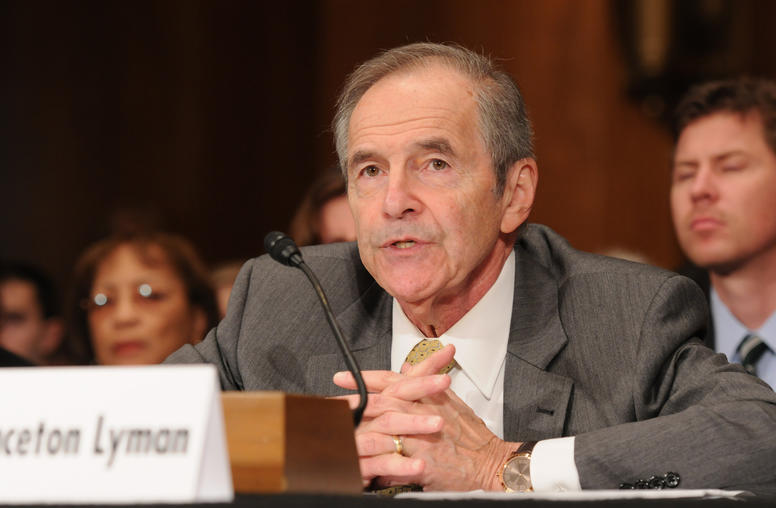
The Questionable Case for Easing Sudan Sanctions
Amb. Princeton N. Lyman testified before the House Foreign Affairs Subcommittee on Africa, Global Health, Global Human Rights & International Organizations

Susan Stigant on South Sudan
Can South Sudan—the world’s youngest country—find peace? USIP’s Susan Stigant discusses the country’s political crisis and how its exacerbated by the outgrowth of opposition groups, millions of displaced citizens, and other complex challenges to restoring stability. Nevertheless, Stigant explains that peace is possible with U.S. leadership.
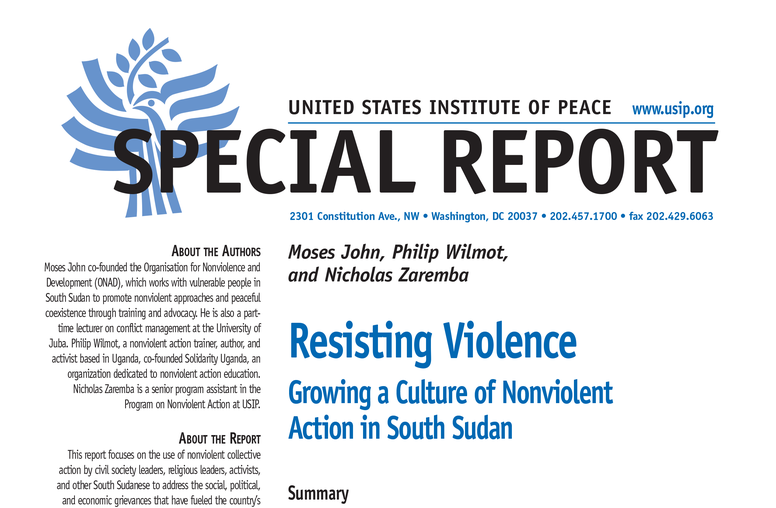
Resisting Violence: Growing a Culture of Nonviolent Action in South Sudan
Since the outbreak of civil war in December 2013, South Sudan has endured one of the worst humanitarian crises in modern times. Still, amid the constant threat of war-related violence and economic hardship, South Sudanese activists are managing to launch and sustain nonviolent movements to address the social, political, and economic grievances that have fueled the country’s ongoing conflicts.
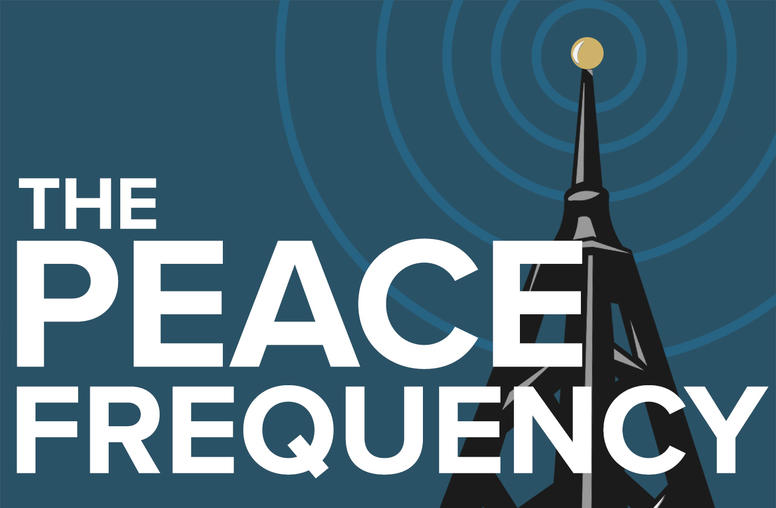
Episode 28 - Princeton Lyman
In this episode, we speak with Ambassador Princeton Lyman, a Senior Advisor at the U.S. Institute of Peace and U.S. Special Envoy for Sudan and South Sudan from March 2011-2013. Here, Ambassador Lyman
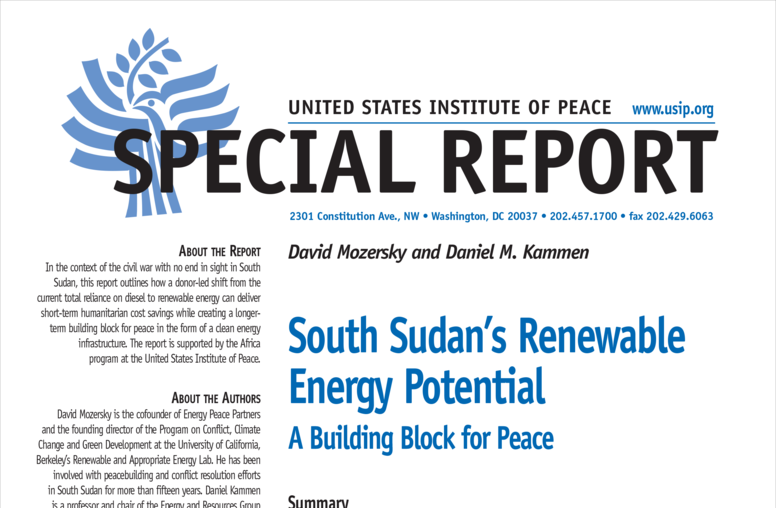
South Sudan’s Renewable Energy Potential
The world’s newest country, South Sudan, is also the least electrified. A period of growth that began after a 2005 peace deal and continued after independence in 2011, saw billions of dollars in oil revenue and strong international support. This period was for powered by diesel generators and...
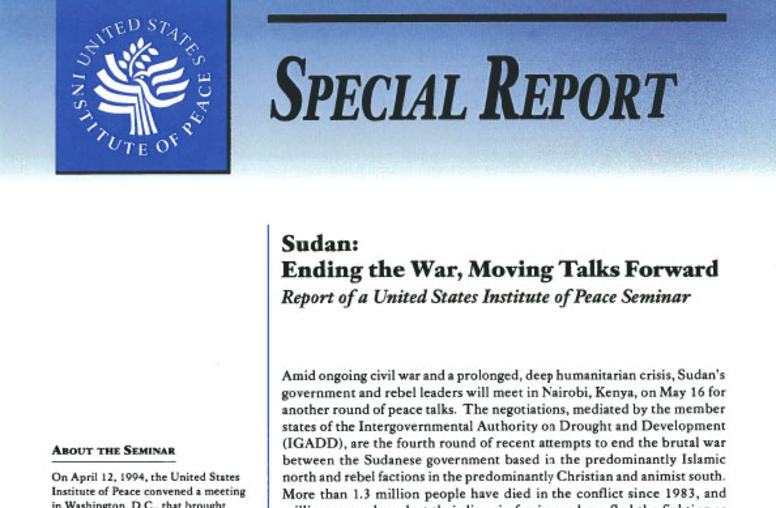
Sudan: Ending the War, Moving Talks Forward
Civil war has plagued Sudan off and on since decolonization began in 1955. Between 1955 and 1972, war raged between the predominantly Arab and Islamic north and the Christian and animist south over southern claims for autonomy and self-rule. The war ended with the Addis Ababa agreement, which granted local autonomy to the south. Currently there are deep disagreements in the north between the Islamist government and opposition parties (e.g., the Umma Party and the Democratic Unionist Party) o...
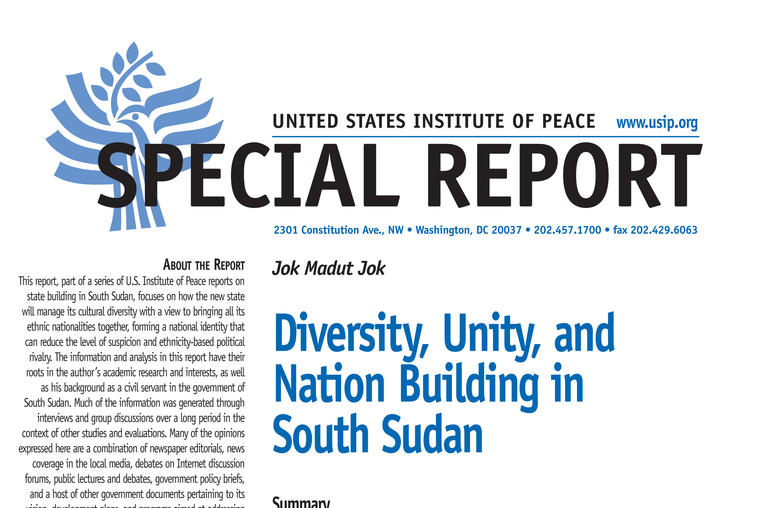
Diversity, Unity, and Nation Building in South Sudan
South Sudan’s success as a nation depends on getting its many distinct ethnic groups to promote, teach, and celebrate a shared cultural heritage. In this new Special Report, USIP Senior Fellow and former South Sudan government official Jok Madut Jok urges concrete steps toward creating a national identity.
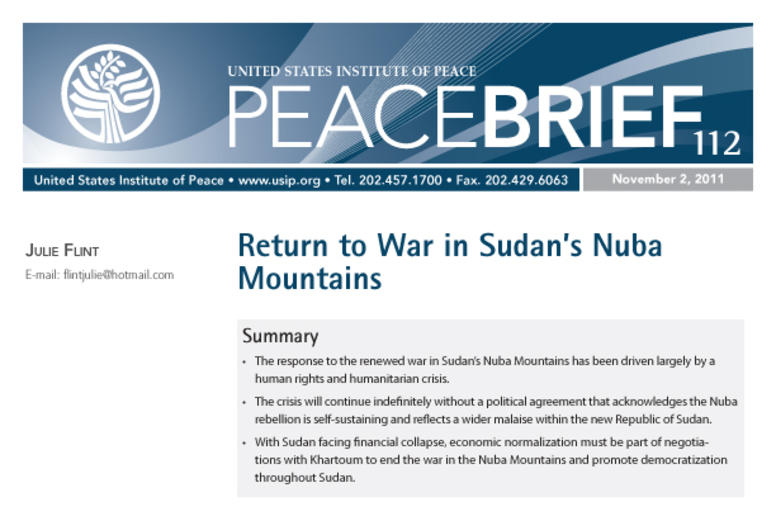
Return to War in Sudan’s Nuba Mountains
This brief looks at what is driving the fighting in Sudan’s Nuba Mountains. Journalist Julie Flint has written extensively on Sudan, reporting on the Nuba Mountains since 1992. This piece is based on her most recent visit, in September.
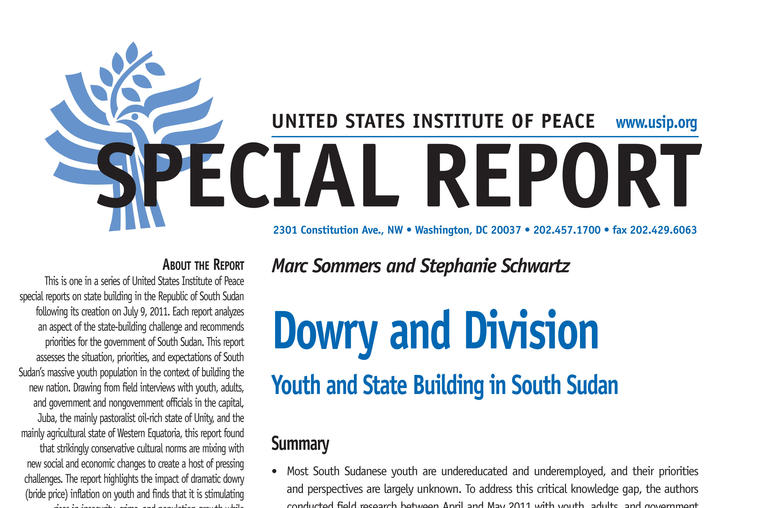
Dowry and Division: Youth and State Building in South Sudan
Dowry inflation in South Sudan has stimulated insecurity and crime while intensifying threats against and control over female youth.
State Building in South Sudan
With its secession from Sudan on July 9, 2011, South Sudan not only gained its eagerly-awaited independence, but also embarked onto the long road of state building. Over the past several months, the new country has begun to confront the myriad challenges it faces in sustainable development, good governance, and capacity building. In addition, the world's newest state is also coping with cross-cutting issues of managing resources, constructing a sense of nationhood, and contending with problem...